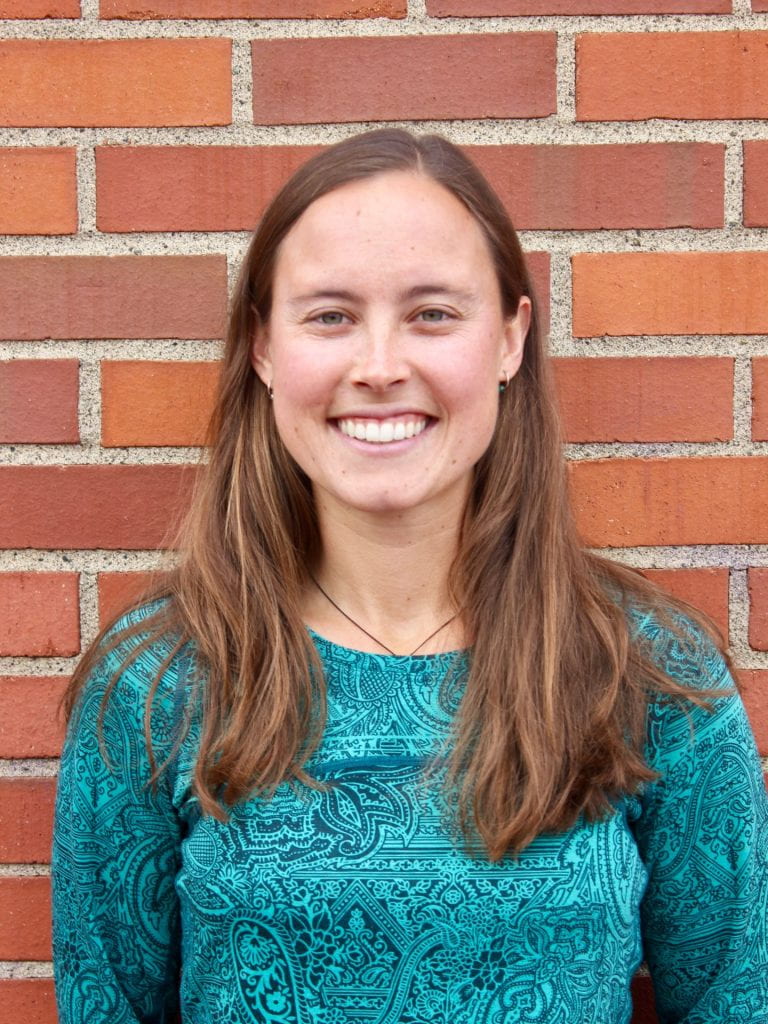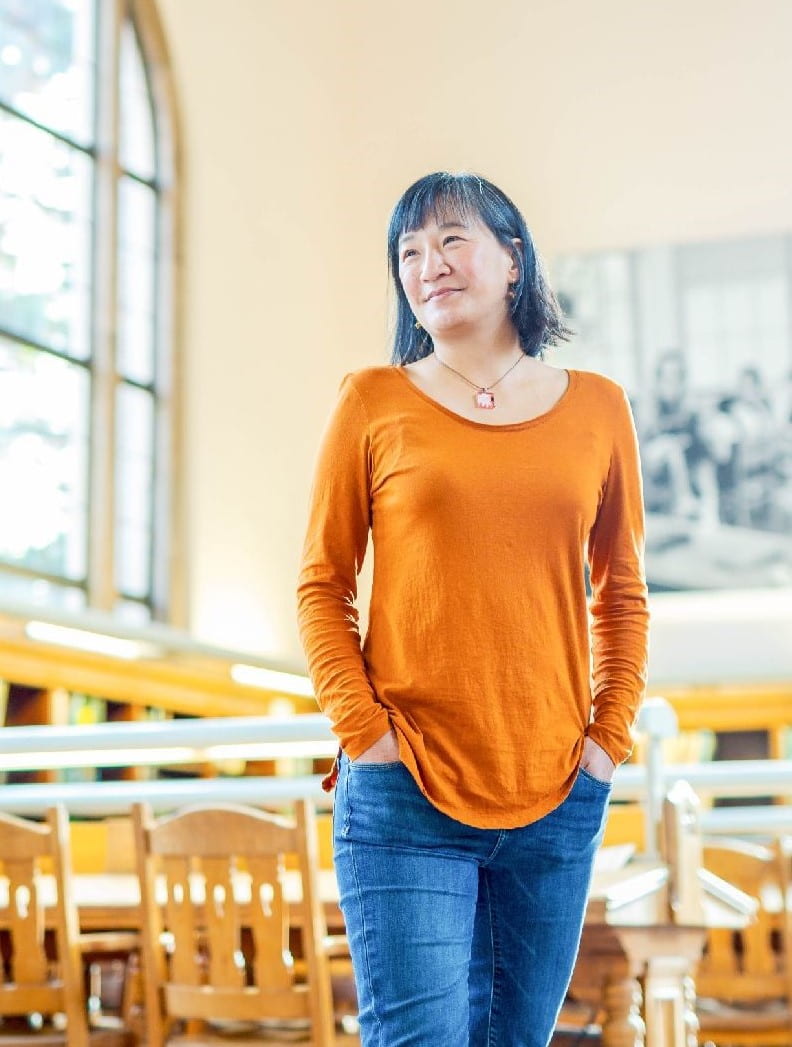About the Curriculum for the Bioregion
Healthy ecological and human communities and a sustainable future world-wide are the greatest challenges facing humanity. We urgently need citizens and professionals who not only understand sustainability concepts and practices but are also motivated to use them – in their households, communities, and workplaces.
A key leverage point for creating this kind of understanding and citizenship is the college classroom. Actively engaging college students with sustainability ideas, especially in the context of their local communities, can foster critical knowledge, skills, motivation, and leadership. To reach large numbers of students, the Curriculum for the Bioregion Initiative works with college and university faculty as well as leaders and experts throughout the bioregion to build sustainability concepts and place-based learning into a wide array of undergraduate courses. Launched as an initiative of the Washington Center in 2005, we are entirely grant funded.
Bioregions
Bioregions are, literally, “life places” – places characterized by the interrelated natural and social systems upon which we rely for our well-being. Our initiative involves colleges and universities in the Puget Sound bioregion and also the bioregion known as Cascadia. Situating learning in our bioregion connects students with the immediacy and significance of what is happening here, linking classroom theory to local places, people, and practices. In creating Curriculum for the Bioregion, we aim to prepare our students for a locally rooted citizenship that will ensure healthy ecosystems and healthy social communities.
A Curriculum for the Bioregion
We see “curriculum for the bioregion” not as a single, “add-on” course. Rather, we are creating an array of faculty communities creating a collection of classroom activities (ranging from labs and assignments to full course syllabi) that engage students with concepts of sustainability as well as real issues in their bioregions and beyond. If this place-based learning were widely implemented, more college graduates would assume individual and collective responsibility for environmental stewardship and community wellbeing—wherever they live.
Our approach to sustainability education springs from a set of Working Principles related to fostering student understanding and agency in the context of direct encounters with regional issues.
Our curriculum integration approach involves linking cornerstone concepts and skills in academic and professional disciplines with critically important sustainability learning outcomes.
The Curriculum for the Bioregion Steering Committee shapes and supports our work; they serve as leaders and ambassadors for our collective work related to sustainability, place-based learning, and civic engagement.
Contact Us

Western Washington University
lindsey.macdonald@wwu.edu
(360) 650-3824

Support for Curriculum for the Bioregion
Curriculum for the Bioregion is an initiative of the Washington Center for Improving the Quality of Undergraduate Education at The Evergreen State College. Created in 2004, it is entirely supported by grants and donations. These foundations and government agencies have been our major funders:The Russell Family Foundation provided crucial seed money for an 18-month planning phase for the entire initiative, and two significant grants to support our first five years of faculty- and curriculum development. (2005-09) A grant from U.S. EPA’s Environmental Education Grants Program supported faculty learning communities in the disciplines of chemistry and sociology and provided field learning experiences in Seattle and Tacoma focusing on environmental health and justice. (2007-08) The Norcliffe Foundation has supported Sound Learning Communities, a collaborative project with People For Puget Sound. Field-based summer institutes in different regions of Puget Sound involve faculty in the issues facing their part of the Sound and its associated watersheds. (2009-2013) Greater Tacoma Community Foundation supported resource experts for our Tacoma-based Sound Learning Communities summer institute in 2009, which focused on the Puyallup River watershed and Commencement Bay. (2009) Sustainable Path Foundation supported the Sound Learning Communities summer institute in 2012 focusing on northern Puget Sound/Salish Sea, and the Skagit River watershed. (2012-13) A congressionally directed grant from the Fund for the Improvement of Post-Secondary Education supported several faculty learning communities in western Washington; a series of regional workshops and conferences for college and university faculty across Washington State; and the publication of the Curriculum for the Bioregion Curriculum Collection on the Science Education Resource Center (SERC) website hosted by Carleton College. (2010-12)